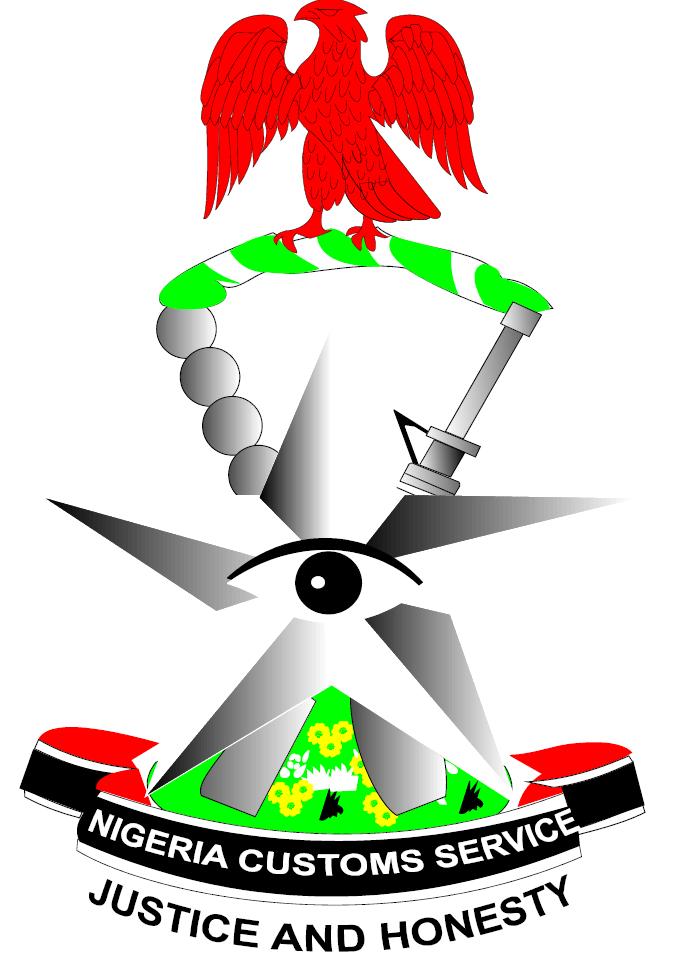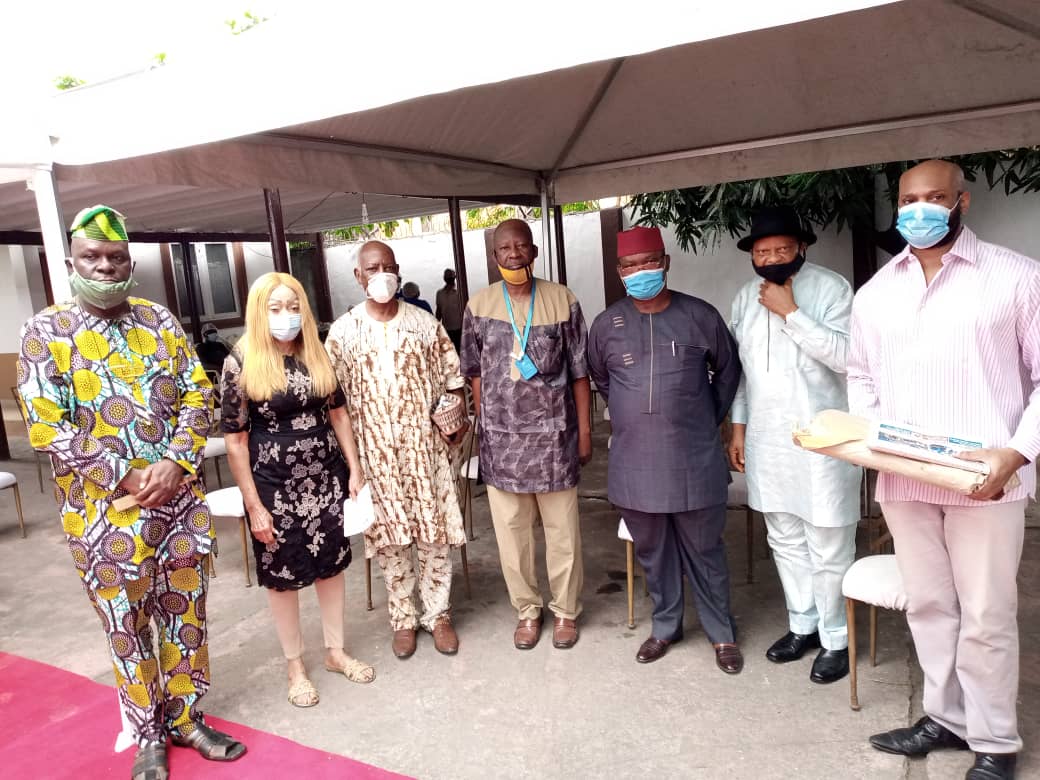The Nigeria Customs Service has stated its expectations regarding guidelines to drive the full implementation of the African Continental Free Trade Area (AfCFTA) agreement meant to boost intra-Africa trade.
For the records, the AfCFTA officially set off for operations by Jan. 1, 2021 as agreed by member nations upon its ratification, with guidelines for its operation.
Nigeria Customs Service, however, in a statement signed by spokesman DC Joseph Attah, said Nigeria would rather demand for new guidelines indicating roles and responsibilities of parties to the agreement before fully taking off operations of the AfCFTA.
“Instead of proceeding in a chaotic manner, the Nigeria Customs Service as policy implementer understands the importance of spelling out the roles and responsibilities of all parties in this agreement and the conditions attendant on its implementation,” the statement read in part.
The Customs reaffirmed its willingness and readiness to play its role as trade facilitators in the regard of the AfCFTA, while reminding the trading public of its automated system for operation.
Citing the need for systematic gathering and integration of all data associated with AfCFTA into its system for easy deployment, access and use by the trading public, the Customs said it expected the following to be in place as guidelines:
- National Action Committee (NAC) on the list of duties and charges waived for liberalized goods under AfCTA.
- The list of the 90% liberalized National Trade Offers.
- The list of 70% Non-liberalized exclusive goods at the regional level.
- The list of 3% Non-Liberalized sensitive goods.
- The appointment of a competent Authority responsible for issuing and authenticating certificates of origin and registering enterprises and products within the region.
- The Service recommends that each member country should have a representative in the continental Chamber of Commerce to ensure transparency within the body thereby generating confidence in the system.
Acknowledging that AfCFTA would have transformational impact for businesses within the continent in general and Nigeria in particular, the Customs said it remains fully committed to its success.
It noted that having a representative in the continental Chamber of Commerce should be complementary to the activities of the various Chambers of Commerce of each country in the region.
It added that “While awaiting clear directives concerning tariffs for all goods covered by this agreement, we want to assure the public of our preparedness to fully deploy our services at the shortest notice.
“Our desire is to instill trust in the system while guaranteeing the economic safety and wellbeing of businesses within the country.
“We look with optimism to an era of complete economic integration which will lead to growth and prosperity for businesses within the region.”

































































